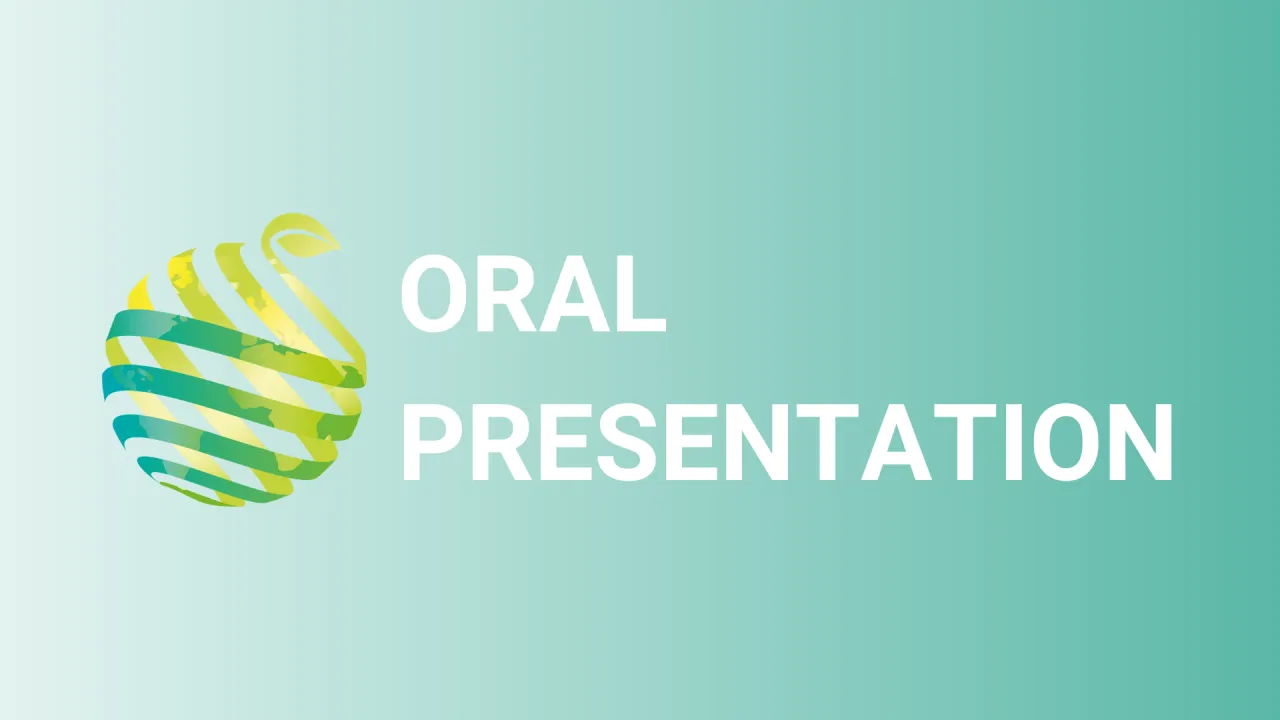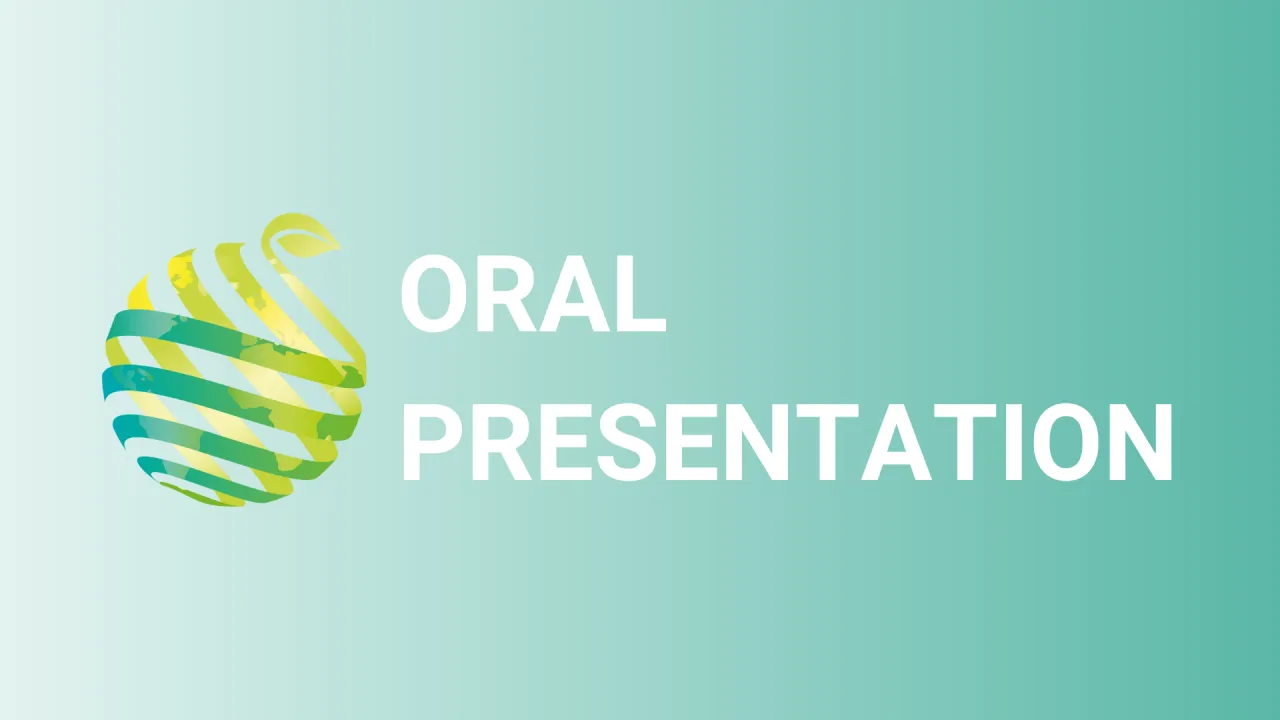

S14 - Session O2 - Novel systemic acquired resistance (SAR) inducers for managing Huanglongbing (citrus greening) and citrus canker diseases
Information
Authors: Ozgur Batuman *, Sanju Kunwar, Ana Redondo, Denise Manker, Meagan Iott , Thomas Knobloch, Stephane Brunet, Jeremy Dufour
Huanglongbing (HLB; citrus greening), putatively caused by Candidatus Liberibacter asiaticus (CLas), and citrus canker, caused by Xanthomonas citri subsp. citri (Xcc), are two most devastating citrus bacterial diseases in Florida, USA and in many other citrus producing countries worldwide. Yet, there is no HLB control or prevention method, and only limited control measures against canker including copper. Copper poses risk of over-accumulation in the soil as well as developing a copper resistant Xcc strain. Thus, there is a pressing need to develop novel therapeutics for long-term disease control in citrus orchards. This study sought new strategies of combating HLB and canker with foliar spray application of novel class SAR inducers as a potential preventive measure against HLB and citrus canker across several greenhouse trials. Two foliar spray applications of PDI5 (500 ppm) on the two-year-old healthy citrus trees (n= 20), a week prior exposure to CLas infected Asian citrus psyllid (ACP) followed by monthly spray applications (100 ppm), effectively delayed CLas infection and HLB symptoms for six months, and bacterial titer in infected trees remined low (average Ct=30). All non-treated trees and those treated with other SAR inducers or bacteriostatic Oxytetracycline were infected with CLas, two to four months after ACP exposure, with high bacterial titers (Ct=22-24). In separate experiments, either a foliar spray of PDI5 (500 ppm) or a soil drench application of Actigard (acibenzolar-S-methyl; 2g/tree) significantly reduced leaf canker lesions relative to non-treated control and were comparable to copper sulfate pentahydrate (150 ppm). The disease prevention mechanism and potential use of the SAR inducer PDI5 in the field for simultaneous management of economically important citrus diseases is currently being evaluated.